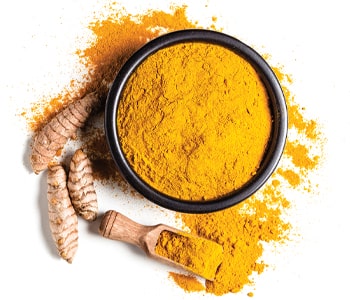TURMERIC (HALDI / INDIAN SAFFRON)

| Particulars | Values |
| Botanical Name | Curcuma longa |
| Family | Zingiberaceae |
| Form | Dried |
| Type Available | Whole |
| Color | Bright Yellow |
Psyllium husk, derived from the seeds of the Plantago ovata plant, is a natural fiber supplement known for its numerous health benefits, especially related to digestive health.
Applications & Uses
Vitamins: Rich in vitamins such as vitamin C, vitamin E, and several B vitamins.
Minerals: Good source of iron, potassium, and manganese.
Antioxidants: Contains powerful antioxidants, particularly curcumin.
Anti-Inflammatory Properties: Curcumin, the active compound in turmeric, has strong anti-inflammatory effects, helping to reduce inflammation and pain in conditions like arthritis.
Antioxidant Effects: Curcumin also acts as a potent antioxidant, protecting cells from damage by free radicals.
Heart Health: May improve heart health by reducing cholesterol levels and improving blood vessel function.
Cognitive Function: Some studies suggest that turmeric may support brain health and reduce the risk of neurodegenerative diseases.
Spice: Used as a primary spice in curries, soups, and stews, giving them a distinctive yellow color and earthy flavor.
Beverages: Added to teas, smoothies, and the popular "golden milk" drink for its health benefits.
Flavoring: Used in marinades, dressings, and sauces for added flavor and color.
Preservative: Acts as a natural preservative in pickling and other food preservation methods.
Ayurvedic Medicine: Widely used in Ayurvedic medicine to treat a variety of conditions, including digestive issues, skin problems, and respiratory ailments.
Topical Applications: Used in face masks and skin treatments for its anti-inflammatory and antimicrobial properties.



